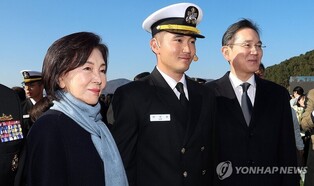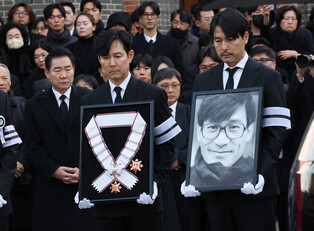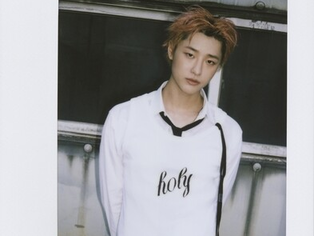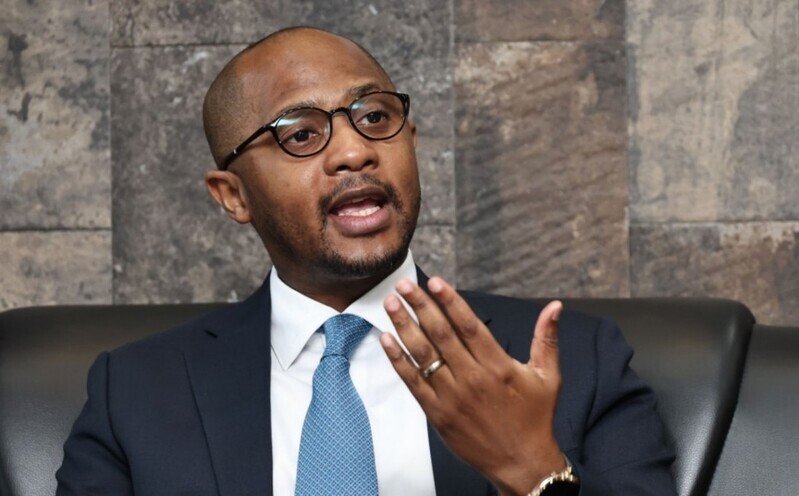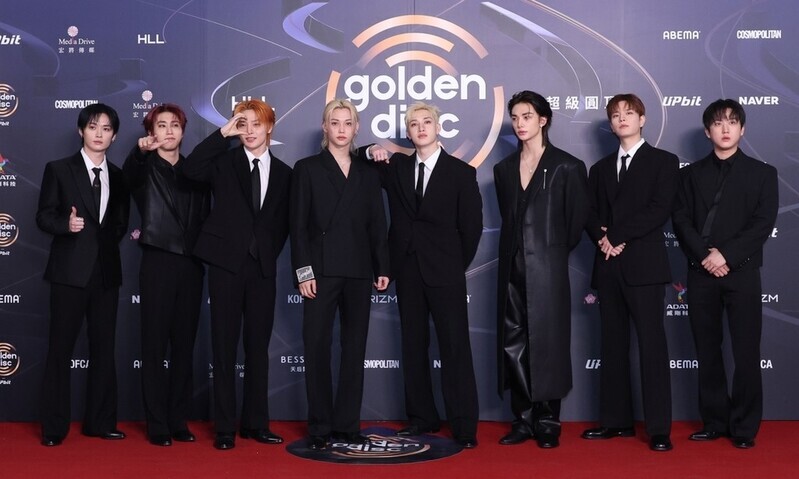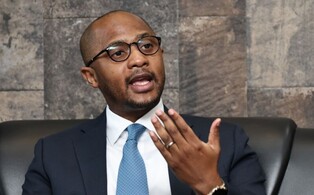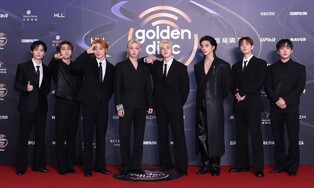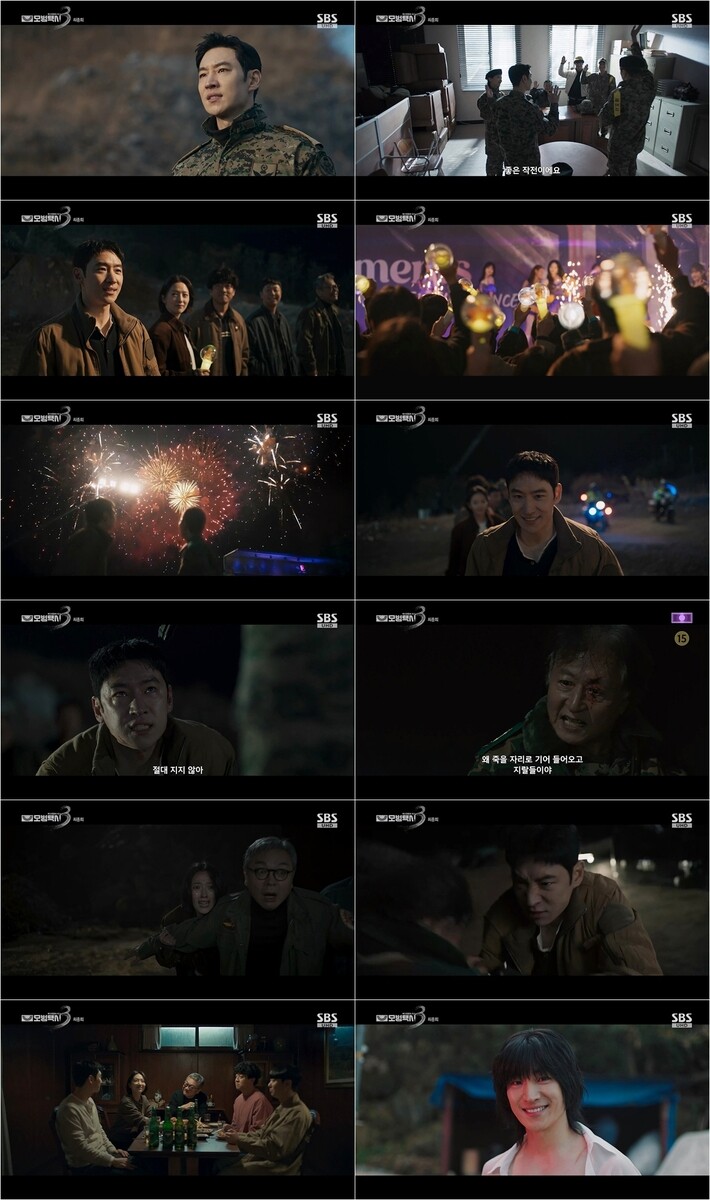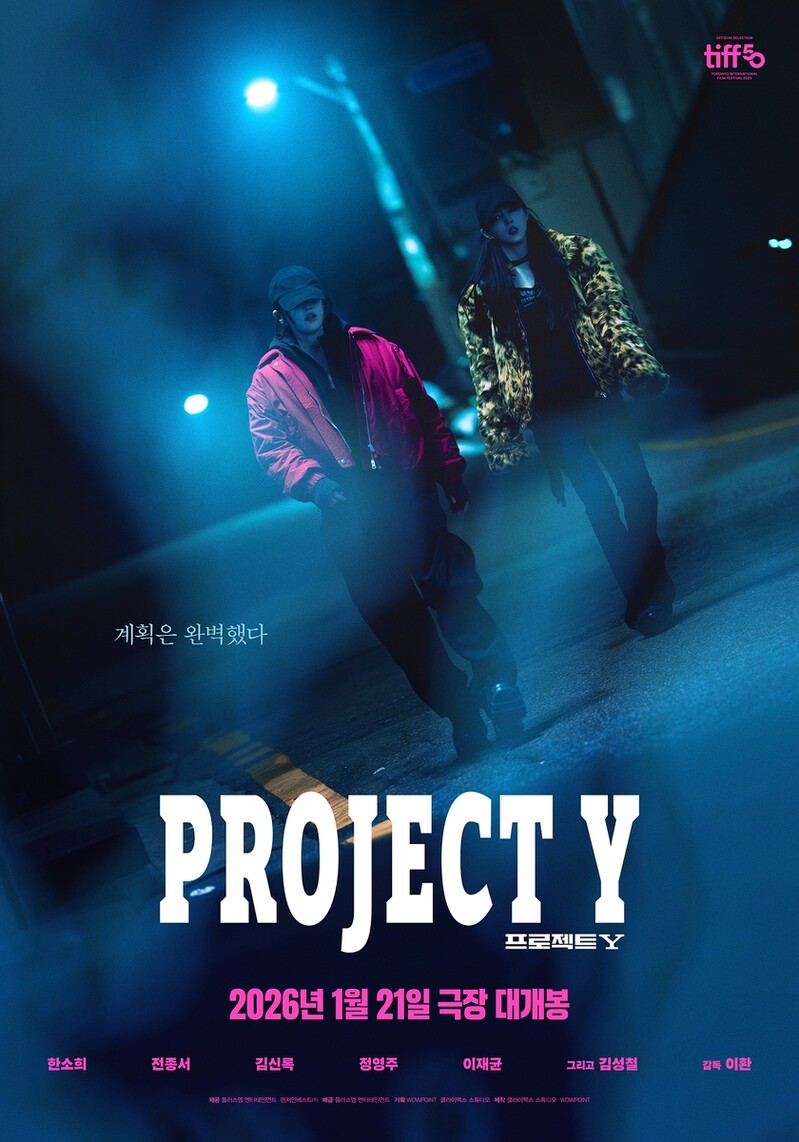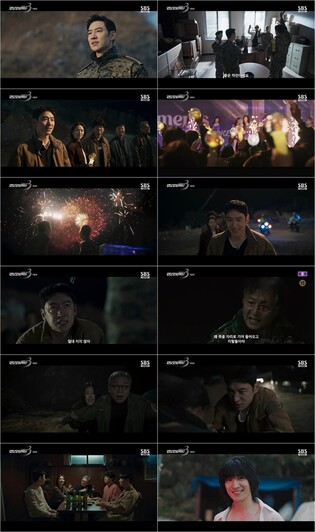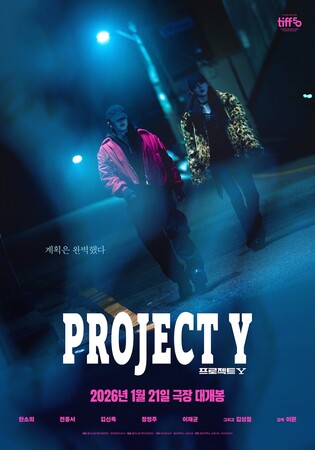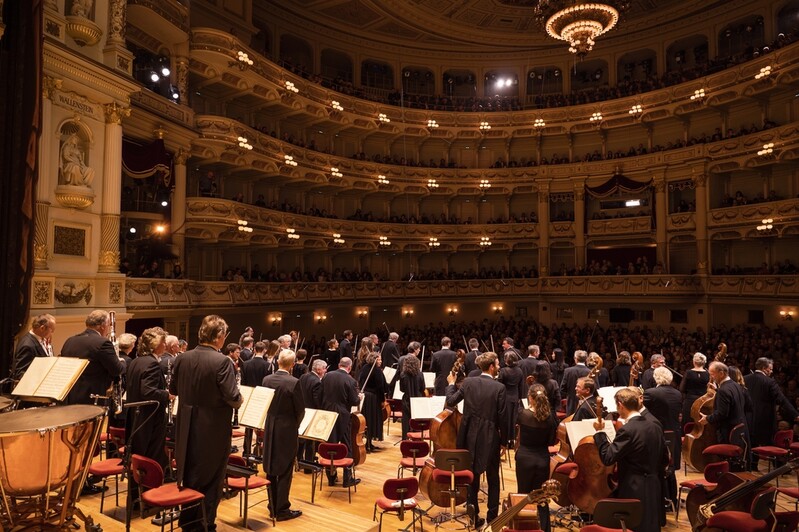 |
| ▲ This photo, provided by Markenfotografie, shows the Staatskapelle Dresden. (PHOTO NOT FOR SALE) (Yonhap) |
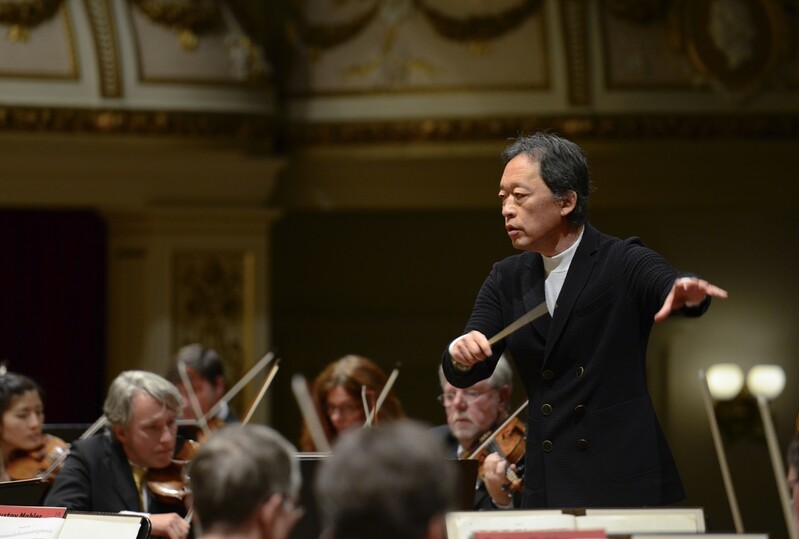 |
| ▲ This photo, provided by Matthias Creutziger, shows conductor Chung Myung-whun with the German orchestra. (PHOTO NOT FOR SALE) (Yonhap) |
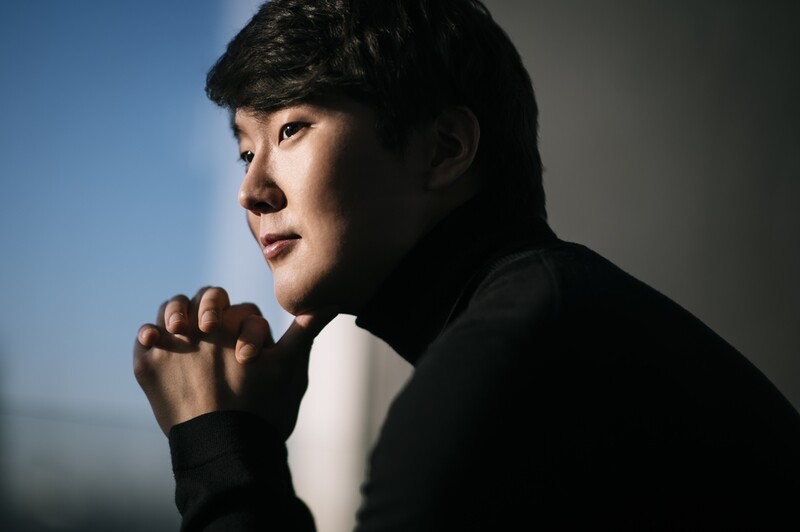 |
| ▲ This photo, provided by Christoph Koestlin_DG, shows pianist Cho Sung-jin. (PHOTO NOT FOR SALE) (Yonhap) |
SEOUL, Feb. 25 (Yonhap) -- The German Staatskapelle Dresden, the world’s oldest orchestra with 475 years of history, will be meeting their Korean audiences by joining hands with pianist Cho Sung-jin in March.
The German orchestra, which is based in the city of Dresden, the capital of Saxony, will showcase Tchaikovsky Piano Concerto No.1 at Seoul’s Lotte Concert Hall on Mar. 3 and will be moving to the Seoul Arts Center to hold their next gig on the 5th with conductor Chung Myung-whun and pianist Cho Sung-jin.
The news that this highly renowned orchestra will be holding a stage in collaboration with Korean pianist Cho, who is well-recognized as one of the world’s best pianists, as well as conductor Chung Myung-whun, who led the orchestra as the very first chief guest conductor, has been garnering wide attention from the classical music fans in Korea.
Founded in 1548, Staatskapelle Dresden stands as one of the world’s oldest and most highly regarded orchestras that has been performing also as the German court orchestra for 475 years. The orchestra touts grand and strong acoustic traditions of their own.
Tchaikovsky’s Piano Concerto No. 1, selected by Cho Sung-jin, is one of the representative piano concerto repertoires, which conveys the colorful yet sorrowful history of Russian music. Cho, who is highly acclaimed for his innate musicality and sophisticated interpretation, will vividly convey the magnificent drama that can only be felt in Russian romantic music to the audience.
In the second part of the performance, the orchestra will perform Schubert’s Symphony No.8 in B minor “Unfinished,” which will be followed by Carl Maria von Weber’s “Der Freischutz.”
Composed in the early 1820s right on the verge of transitioning from classicalism to romanticism, both pieces are distinguished as representative early Romantic pieces that are loved by musicians for their outstanding lyricism and flawless composition.
In particular, Weber is often represented by “Der Freischutz,” which is commonly recognized as the most successful piece in establishing a German romantic opera style. This masterpiece is still one of the most frequently performed pieces in Dresden to this date.
From Mar. 7 to 8, the orchestra will also be holding a special performance at the Seoul Arts Center to play all of Brahms’ Symphonies from No. 1 to 4 over two days, two Symphonies each.
The German orchestra’s last concert in Korea was held in 2019, where they received rave reviews for performing Brahms’ Symphony No.4 also at the Seoul Arts Center with conductor Chung Myung-whun.
The orchestra will then wind up their tour at Sejong Arts Center (Mar. 2) and Incheon Arts Center (Mar. 4): Tchaikovsky’s Piano Concerto No.1, Schubert’s Symphony No.8, and Weber’s “Der Freischutz” will also be performed in the city of Sejong on the 2nd. Tchaikovsky’s piece and Brahms’ Symphony No.1 will be gracing the act’s last concert in Incheon on the 4th.
(This article is translated from Korean to English by Ha eun Lee)
(END)
(C) Yonhap News Agency. All Rights Reserved


















